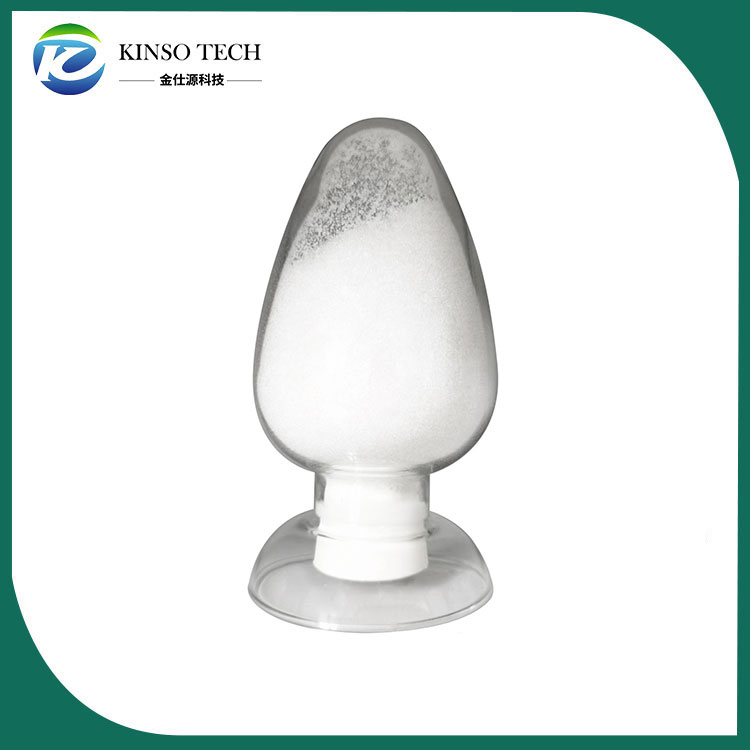What Are Intermediates and Why Are They Essential in Modern Manufacturing and Chemical Industries?
2024-12-20
In the world of manufacturing and chemicals, the term "intermediates" is frequently used but not always fully understood by the general public. Whether you’re a consumer, a business owner, or someone exploring industrial processes, you may have come across the term “intermediates” in discussions related to production, pharmaceuticals, or chemical engineering. But what exactly are intermediates, and why are they so critical to a wide range of industries?
What Are Intermediates?
In industrial and chemical contexts, intermediates refer to substances or compounds that are produced during the production process of a more complex or final product. They act as “stepping stones” or “precursors” in the synthesis of a final product, which could be anything from pharmaceuticals to plastics or even food additives.
Essentially, intermediates are the materials that lie in between the initial raw materials and the final product. These compounds are usually not intended for sale directly to the consumer but play a vital role in creating the final goods. The term is commonly used in industries such as chemicals, pharmaceuticals, agriculture, and manufacturing.
Types of Intermediates
Intermediates can be broadly categorized into two main types:
Chemical Intermediates
These are raw materials or partially processed chemicals that are used to produce other chemicals. For instance, in the production of plastics, a chemical intermediate like *ethylene glycol* could be a precursor to producing polyester fibers. Similarly, various solvents, catalysts, and acids act as intermediates in chemical reactions that lead to the final product.
Pharmaceutical Intermediates
In the pharmaceutical industry, intermediates are key substances used in the synthesis of active pharmaceutical ingredients (APIs). These intermediates are critical steps in the multi-step chemical synthesis process that turns simple chemicals into the complex molecules needed for medications. For example, the synthesis of a drug like aspirin involves a number of chemical intermediates along the way, starting from simple raw materials to the final API.
Why Are Intermediates So Important?
Cost Efficiency and Scalability
One of the key reasons intermediates are essential is because they provide a cost-effective and scalable route to producing complex products. Without intermediates, manufacturers would need to produce the final product in a single step, which can be time-consuming, inefficient, and expensive. By breaking down the production process into stages with intermediates, manufacturers can control costs, improve yield, and scale production more effectively.
Innovation in Production
The use of intermediates allows for innovation in product development. In industries like pharmaceuticals, chemical intermediates enable the synthesis of new compounds that could eventually lead to groundbreaking drugs. Likewise, in materials science, intermediates play a crucial role in developing new polymers, coatings, and materials used in everything from electronics to packaging.
Regulation and Quality Control
In highly regulated industries such as pharmaceuticals, using intermediates provides a way to control the quality of the final product. By focusing on the purity and consistency of each intermediate step, manufacturers can ensure that the final product meets strict safety and quality standards. For example, if a pharmaceutical intermediate is found to be contaminated, the batch can be halted or refined before it reaches the final API stage.
Sustainability
The use of intermediates is also crucial for sustainability in modern manufacturing. By efficiently producing intermediates and reusing them in multiple processes, companies can reduce waste and improve overall resource efficiency. Furthermore, intermediates can often be sourced or produced in a way that is less harmful to the environment compared to directly synthesizing complex products.
How Are Intermediates Used in Different Industries?
Pharmaceutical Industry
Intermediates are fundamental in the production of medicines and vaccines. Drug manufacturers rely on a series of intermediates to synthesize the active ingredients needed for various treatments. For instance, in the development of an antibiotic, chemical intermediates may undergo several stages of synthesis, such as functional group modification and purification, before the final API is achieved.
Chemical Industry
In the chemical industry, intermediates like solvents, acids, and catalysts are used in a vast array of processes, from petrochemical refining to the production of agrochemicals. Intermediates allow for the creation of more complex compounds that are necessary for manufacturing products like fertilizers, plastics, paints, and detergents.
Agricultural Industry
Agrochemicals such as herbicides, pesticides, and fertilizers are often synthesized through intermediates. These chemicals are essential for modern agriculture, as they help protect crops, increase yields, and prevent diseases. Without the use of intermediates, producing these substances would be much more difficult and inefficient.
Food and Beverage
The food industry also relies on intermediates, although often in the form of ingredients or additives. For example, citric acid, often used as a preservative and flavor enhancer in food, is a chemical intermediate that is used in the production of various food and beverage items. Similarly, many food flavorings, colorants, and other additives are made using intermediates.
Textile and Polymer Industry
Intermediates are indispensable in the production of textiles, including synthetic fibers like nylon and polyester. Chemicals used in the synthesis of these fibers, such as terephthalic acid or ethylene glycol, serve as intermediates in the manufacturing process. These materials are then further processed into fibers, fabrics, and ultimately, the clothes and textiles consumers use every day.
The Future of Intermediates in Manufacturing
As industries continue to evolve and technology advances, the role of intermediates is becoming even more significant. With the increasing demand for sustainable and efficient production processes, intermediates will continue to play a central role in improving manufacturing techniques. Additionally, advancements in green chemistry and biotechnologies are opening new possibilities for producing intermediates in more environmentally friendly ways.
Furthermore, with the rise of global supply chains and increased international trade, intermediates are becoming more readily available across borders. This helps facilitate the global production of goods and services, making it possible for companies to collaborate and scale their operations more effectively.
Conclusion
Intermediates may seem like a minor step in the complex web of production, but in reality, they are absolutely essential to modern manufacturing processes across multiple industries. From pharmaceuticals to chemicals and agriculture, intermediates help reduce costs, ensure quality, promote innovation, and drive sustainability. They are the building blocks that make possible everything from the medicines we rely on to the materials we use in our daily lives.



